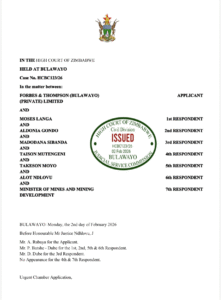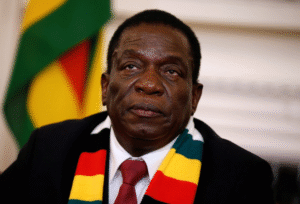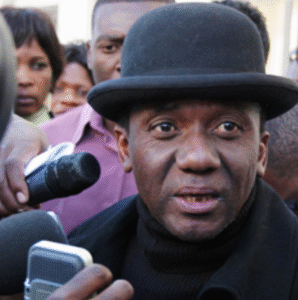ZIMBABWE’S POLITICAL TURMOIL: LEGALITY AND ETHICS UNDER SCRUTINY AMID PARLIAMENTARY RECALLS

In the convoluted realm of Zimbabwe’s political environment, recent developments have ignited a fierce debate on the legality and ethical considerations of actions executed by prominent figures. The focus of this contention centers on opposition activist Sengezo Tshabangu and his state security-linked faction, accused of facilitating Zanu PF’s efforts to subvert the opposition party, Citizens Coalition for Change (CCC), for personal gain. This situation casts a long shadow over the integrity of Zimbabwe’s political processes and the judiciary’s independence.
The core issue revolves around the recent recall of Members of Parliament and senators, spearheaded by Tshabangu’s group. These recalls have been contested, with claims that they did not breach High Court Justice Tawanda Chitapi’s interdict since the initiating letters were dated November 10, 2023, before the court’s order. However, the implementation of these recalls occurred only after the court order was in effect, suggesting defiance against judicial authority and questioning the legality of the action.
Recalling elected officials is a regulated political and legal action, not subject to whims or personal vendettas. The recalls, seemingly executed through manipulation of Parliament and the Judiciary, aim to capitalize on internal issues within the CCC to further Zanu PF’s authoritarian objectives.
The situation is further complicated by Speaker of Parliament Jacob Mudenda’s decision to proceed with the recalls, despite legal advisement to the contrary by his lawyer Shingirai Hoko, as instructed by Chitapi. This defiance of a court order, which sought to halt such measures pending an urgent application by the CCC, underscores a blatant disregard for judicial directives.
The CCC’s legal challenge, represented by Obey Shava, underscores the party’s determination to counteract what it views as an illegitimate attempt to undermine its political standing. Conversely, Tshabangu was defended by Lewis Uriri, with Hoko representing Mudenda and Chinomona. Local Government Minister Winston Chitando’s absence from the proceedings, given that no councillors were recalled, marks a notable omission in this legal battle.
With 18 legislators recalled, the legal scrutiny of these actions intensifies. The upcoming hearing on November 20 promises to be a pivotal moment, as both the opposition and the respondents lay out their cases. This situation exemplifies the intricate dance between legal and political strategies in Zimbabwe, where the delineation between lawful governance and partisan manipulation often blurs.
Justice Tawanda Chitapi’s order, postponing the application hearing to November 20 and stipulating that recalls should be halted pending its resolution, was seemingly disregarded. This flouting of judicial authority raises profound concerns regarding the adherence to the rule of law in Zimbabwe’s political discourse.
As Zimbabwe stands at a critical juncture, the events unfolding represent a significant challenge to the country’s democratic institutions and legal framework. The outcome of the November 20 hearing will be scrutinized, potentially setting a precedent for addressing political disputes and legal challenges in Zimbabwe’s volatile political terrain.





